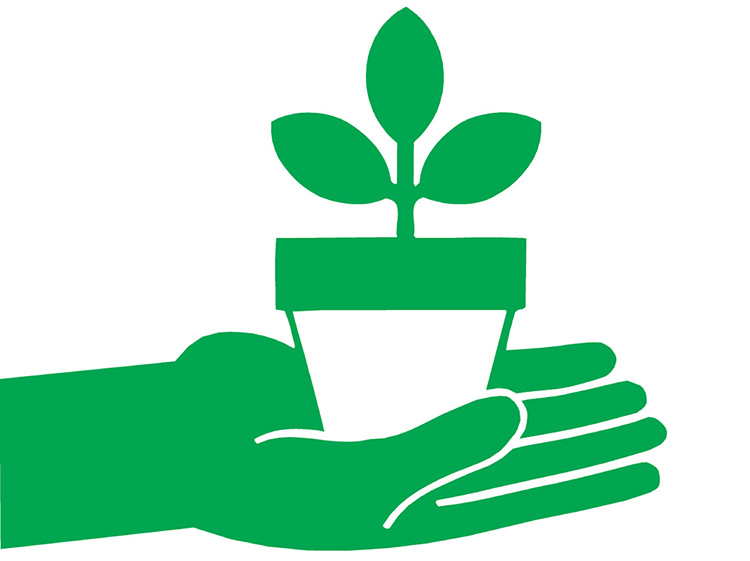
By Mary Jane Frogge, Extension Associate in Lancaster County
How are your houseplants doing? Check all five growing factors if your house plants are not growing well. Light, temperature, nutrients, moisture and humidity must be favorable to provide good growth.
Buy a notebook and use it to keep all your gardening information. List what you plant in the garden. Include the name of seed companies, plant name, variety, planting date and harvest date. During the growing season, keep notes on how well the plant does. If the variety is susceptible to disease, record what was used to treat any problems. All this information will be helpful in planning future gardens.
Turn the compost pile.
Finish repairing and painting of window boxes, lawn furniture, tools and other items in preparation for outdoor gardening and recreational use.
Do not plow your garden when the soil is wet. It will form clods which are difficult to break up and interfere with cultivation during the summer.
Consider planting native perennials that are beneficial to native pollinators like solitary bees, bumblebees and butterflies. Native plants include coreopsis, coneflower, aster, liatris, goldenrod, pasque flower, butterfly milkweed, pitcher sage, bee balm and purple poppy mallow.
Cut flower stalks back to the ground on daffodils, hyacinths and other spring flowering bulbs as the flowers fade. Do not cut the foliage until it dies naturally. The leaves are necessary to produce strong bulbs capable of re-flowering next year.
Do not add organic matter to the soil when planting trees. It does not help the plant become established and it may create conditions that encourage the roots to stay inside the planting hole instead of spreading to surrounding soil. Do dig a large planting hole, but fill it with the original soil removed from it.
Scatter annual poppy seeds in flower borders. The fine seeds need not be covered. The plants grow rapidly and provide colorful flowers in early summer.